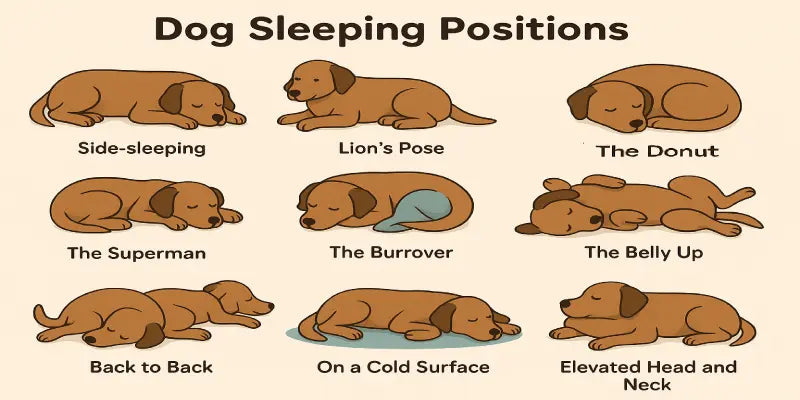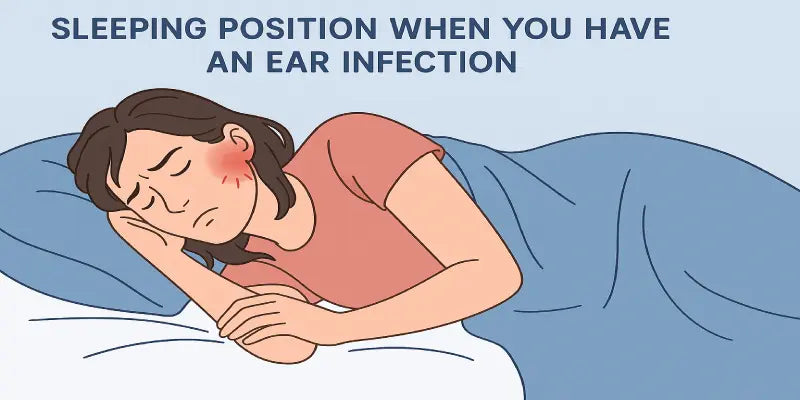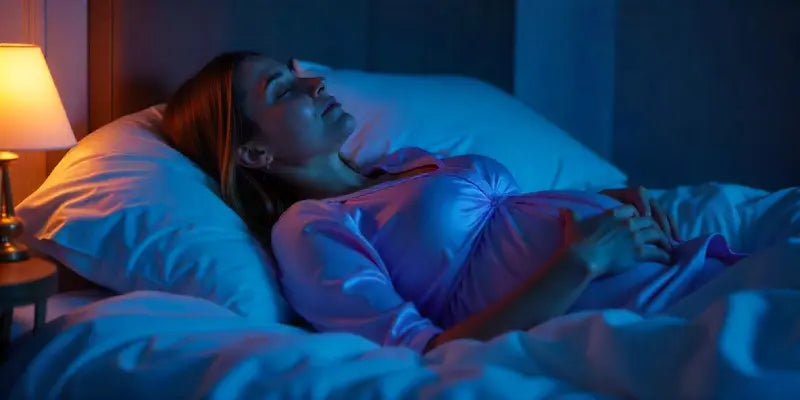
Why You Shouldn’t Take Too Many Sleeping Pills
Sleep issues are quite common these days. You must have heard of sleep pills that can help you fall asleep faster. Sleeping pills can help you with your sleep problems but in short term. Before considering sleeping pills, it is important to know how to use them, the side effects and how to use them without any side effects. In this blog, we will understand what a sleeping pill is, what it does and how taking too many sleeping pills can actually be harmful to your health.
What are Sleeping Pills?
Sleeping pills, as their name implies, could help you in falling asleep. To aid in falling asleep, you may take these medications if you suffer from a sleep problem such as insomnia. If you have trouble falling or staying asleep through the night, sleeping pills may potentially be able to help.
How Do Sleeping Pills Work?
All sleeping pills function in a different way. Certain sleep aids suppress the part of your brain that keeps you awake, while others make you feel sleepy.
The majority of over-the-counter sleep aids are antihistamines. Antihistamines function by preventing your body from producing histamines, which are chemicals that make you alert. Doxylamine and diphenhydramine are common components of antihistamines.
The type of supplement determines how well it works as a natural sleep aid. Because it can affect when you go asleep and wake up, the hormone melatonin helps you sleep. Valerian aids to encourage a better night's sleep by naturally soothing your nervous system.
The methods in which prescription sleep aids function vary. For example, benzodiazepines produce sleepiness by activating GABA, a neurotransmitter in the brain.
Cons of Taking Too Many Sleeping Pills
Here are a few reasons why it’s important not to take too many sleeping pills:
- Dependency: Sleeping pills can be habit forming, which means your body might start to depend on them to fall asleep. Over time, you may find it harder to sleep without taking more pills.
- Health Risks: Taking too many sleeping pills can lead to dizziness, confusion, and even memory problems. It can also affect your ability to concentrate during the day and make you feel groggy or sleepy.
- Risk of Overdose: Just like with any medication, taking more than the recommended dose of sleeping pills can be dangerous. It can lead to overdose symptoms such as difficulty breathing, irregular heartbeat, and in severe cases, even coma.
- Interaction with Other Medications: If you are taking other medications or supplements, sleeping pills can interact with them in unexpected ways. This can amplify side effects or reduce the effectiveness of your other medications.
- Masking Underlying Issues: While sleeping pills can help you fall asleep, they do not address the root cause of your sleep problems. It’s important to talk to a doctor to understand why you are having trouble sleeping and find safer, long term solutions.
Also Read:- 10 Tips to Enhance Your Sleep Quality
What Should You Do Instead?
If you are having trouble sleeping, here are some healthier alternatives to taking sleeping pills:
- Establish a Routine: A routine can be hard to follow in the beginning but once you get used to it, it can make it so easy for you to fall asleep at night. Try to go to bed and wake up at the same time every day, even on weekends. By doing so consistently, you can easily get good night sleep until or unless you are suffering from an underlying sleep problem.
- Create a Relaxing Environment: Your room's environment plays an important role in how well you’ll sleep at night. Make your bedroom comfortable and conducive to sleep by keeping it dark, quiet, and cool. Try to maintain an optimum temperature and minimize all the distractions so that you can fall asleep peacefully.
- Limit Stimulants: Most people who suffer from sleep issues, coffee is their best friend. If you consume a lot of caffeine and nicotine in the evening hours, it will surely gonna prevent you falling asleep at night. Avoid caffeine and nicotine close to bedtime, as they can interfere with your ability to fall asleep. You can have a limited amount in the morning hours just avoid it in the evening.
- Use a Bamboo Pillow: Who could have thought that a pillow can help them sleep better at night. But it is very true. A bamboo pillow not only helps you sleep soundly but also helps in your neck and back pain. It has a memory foam filling that can mold according to the shape of your neck and head so that your weight is balanced and your spine is aligned.
- Stay Active: It is seen that those who exercise on a daily basis sleep faster at night and also get quality sleep as compared to others. Regular exercise during the day can help you sleep better at night, but avoid vigorous exercise close to bedtime. If you are a beginner, start with light exercise, don’t just start with a regressive workout as it can have the opposite effect on your sleep.
- Talk to a Doctor: If you have done it all and are still facing sleep problems, don’t be a doctor on your own. Don’t think of taking any sort of medication or sleeping pills with consulting a doctor. If you continue to have trouble sleeping, speak with a healthcare professional. They can help identify any underlying issues and recommend safe and effective treatments.
Conclusion
Remember, sleep is important for your overall health and wellbeing. While sleeping pills may seem like a quick fix, it’s best to use them sparingly and under the guidance of a healthcare provider. Taking care of your sleep health with healthy habits and seeking professional advice when needed can lead to better and more restful sleep in the long run.
If you are looking out for a good quality pillow, a Bamboo Pillow could be the best choice. If you are someone with sensitive or acne prone skin or someone having allergies with dust, this is the perfect pillow option for you. It is hypoallergenic and antibacterial. It has a memory foam filling, supports your head and neck, and keeps your posture aligned.








